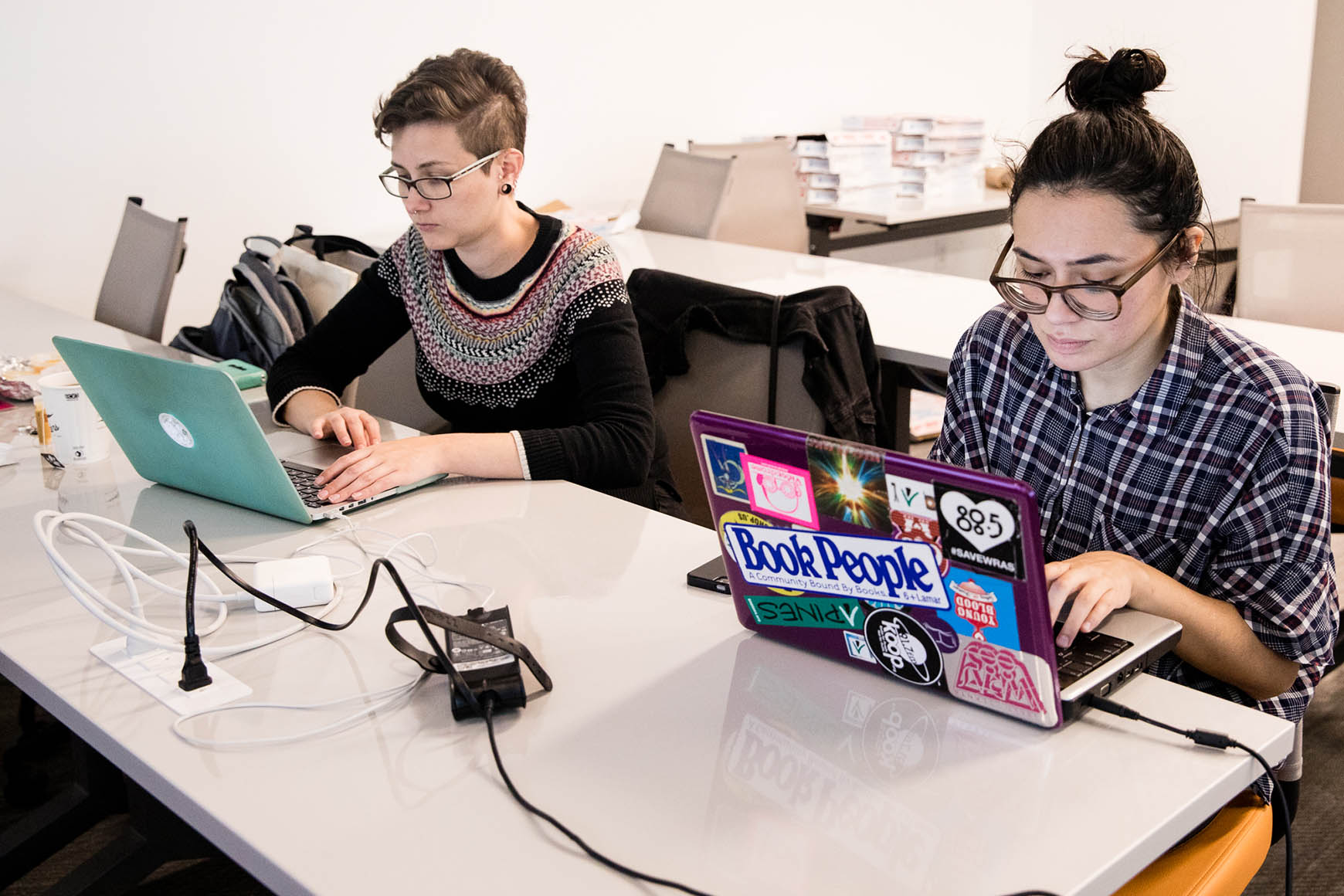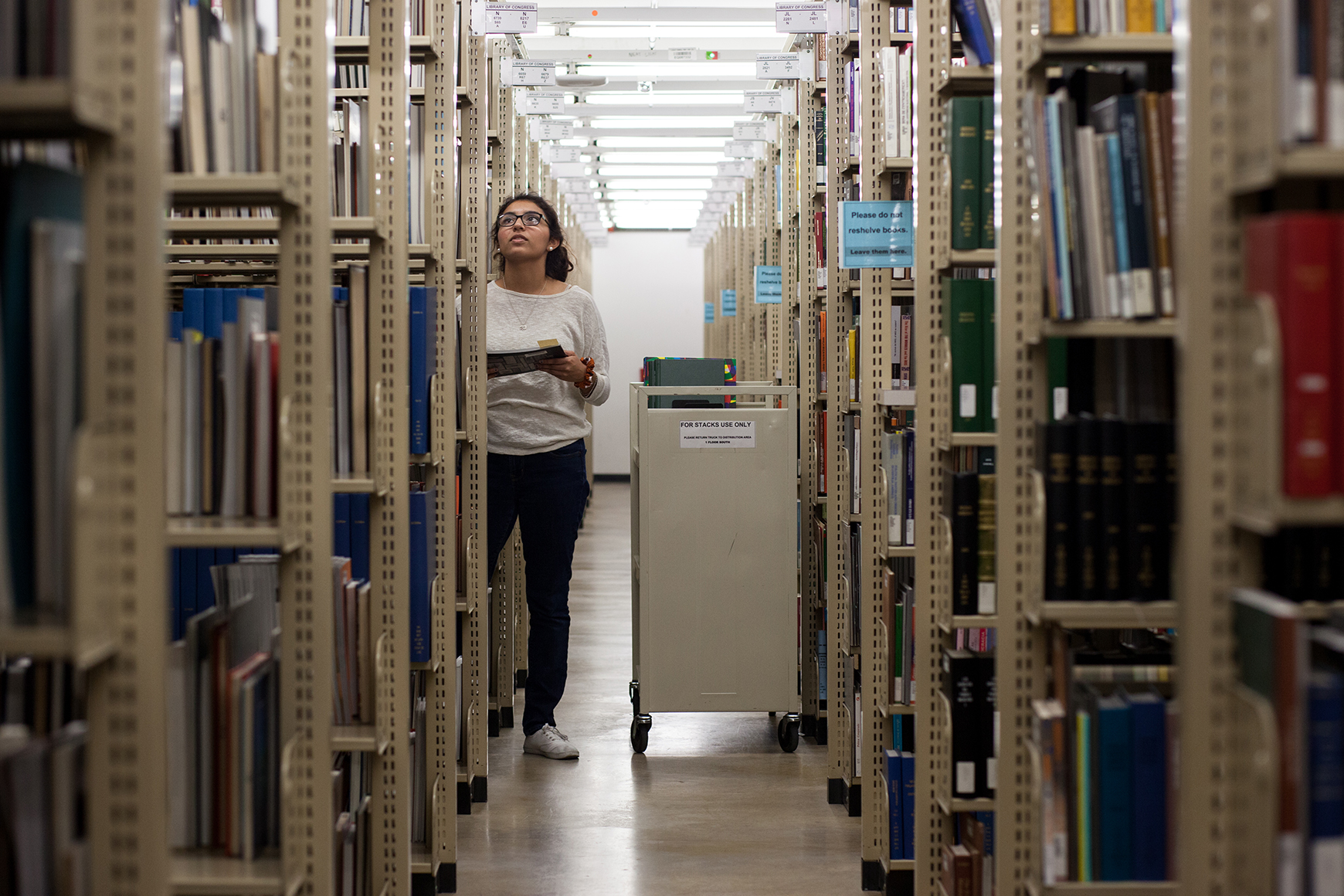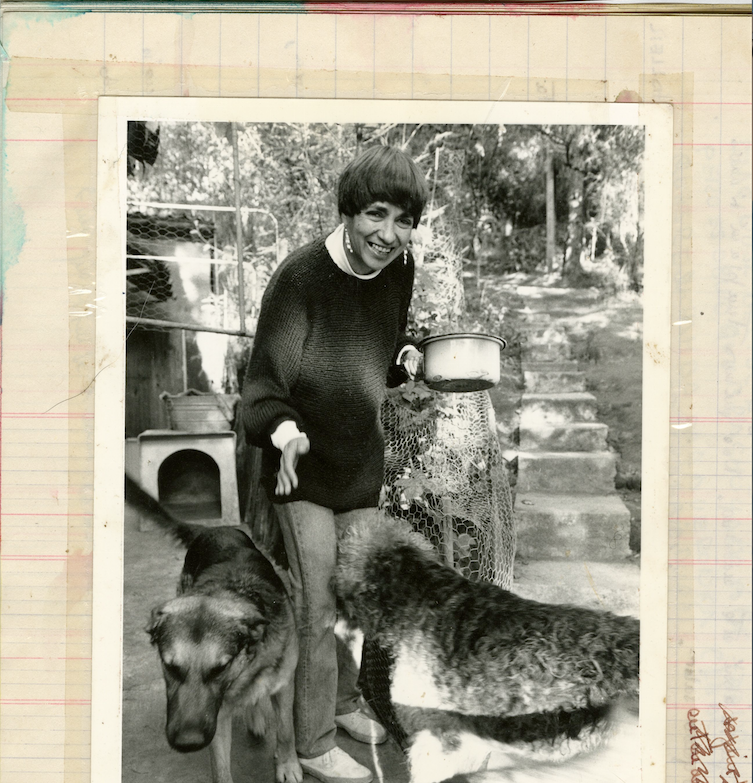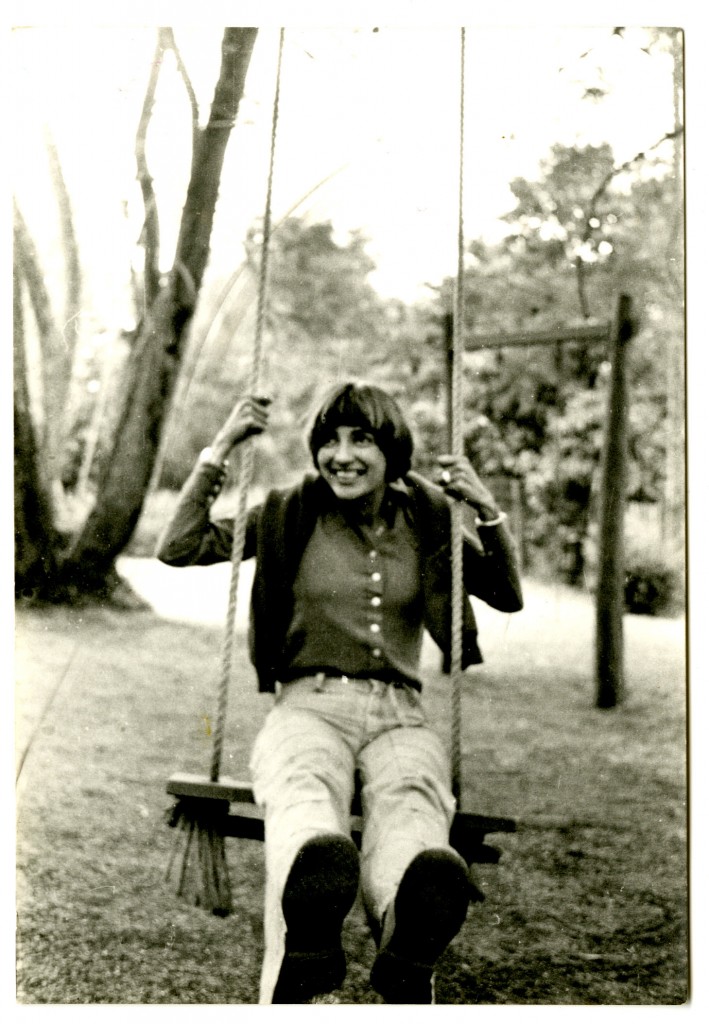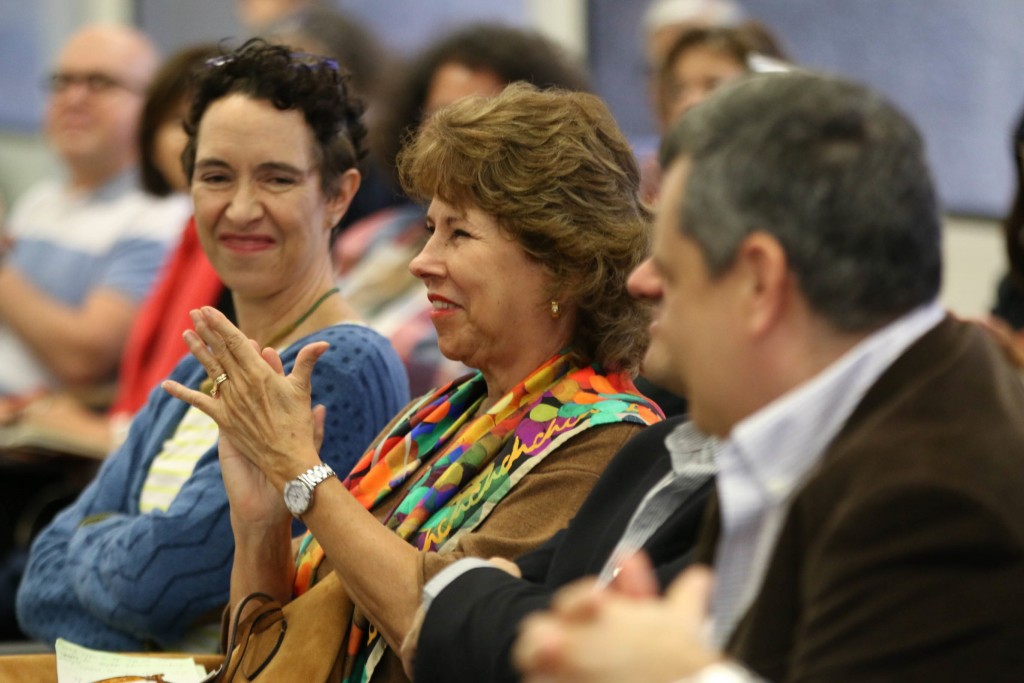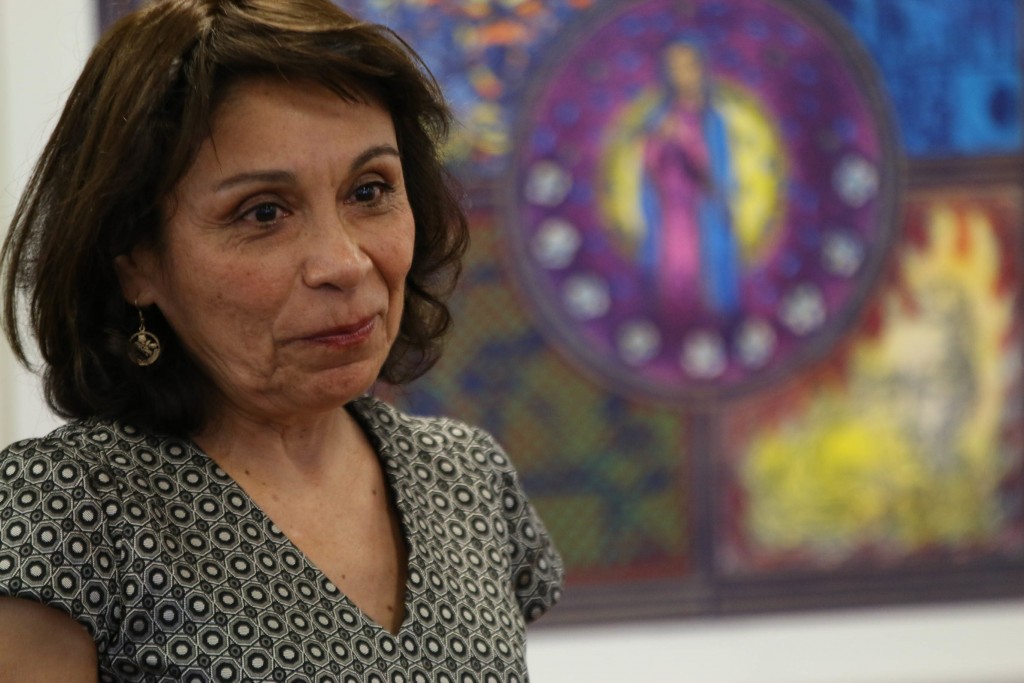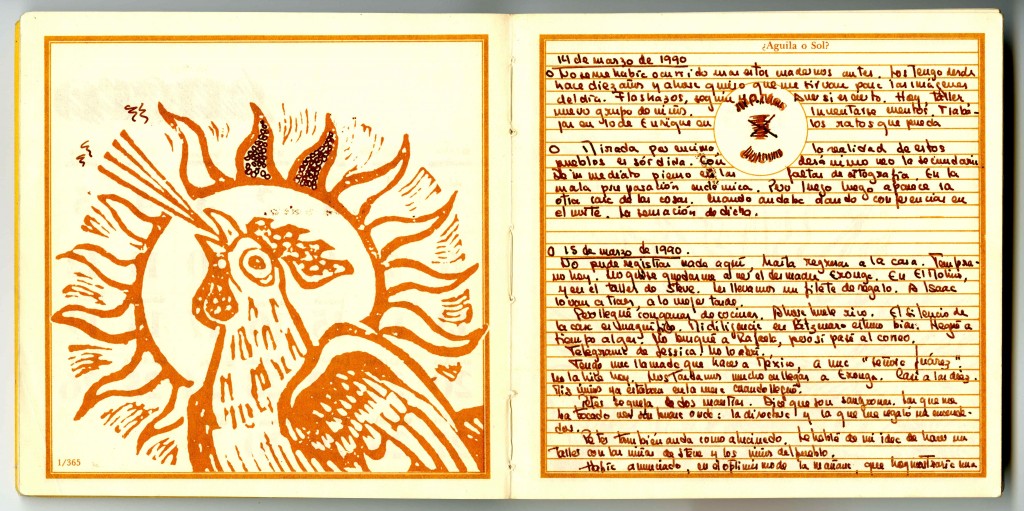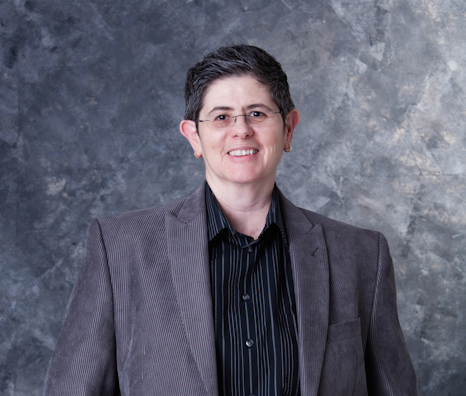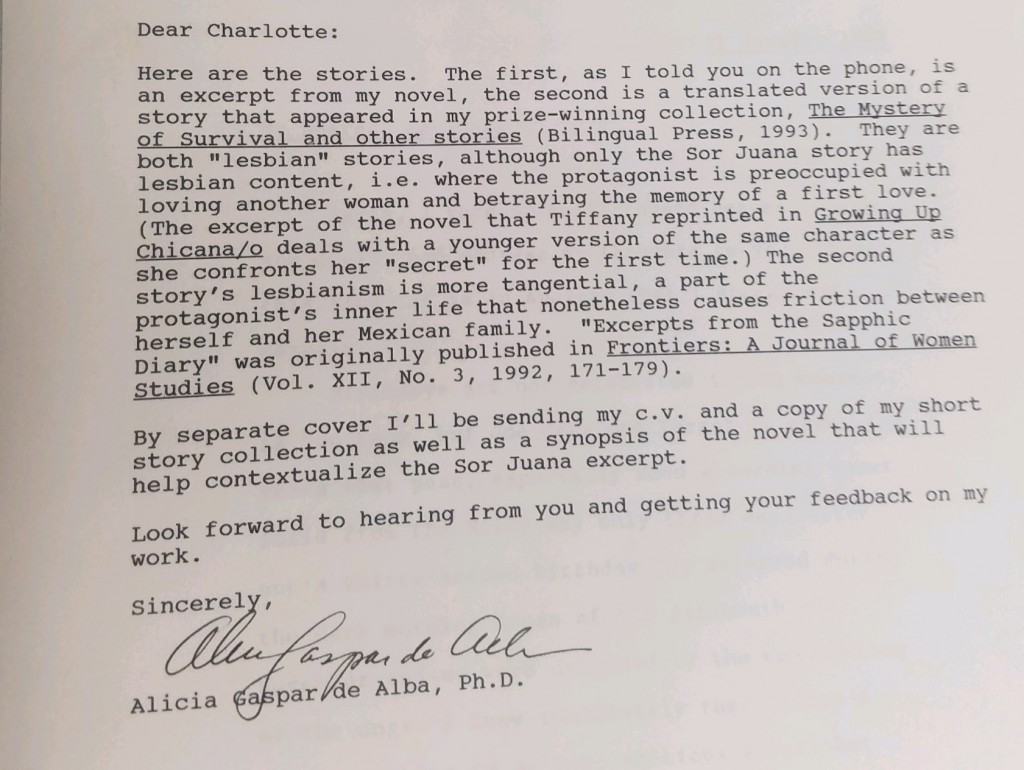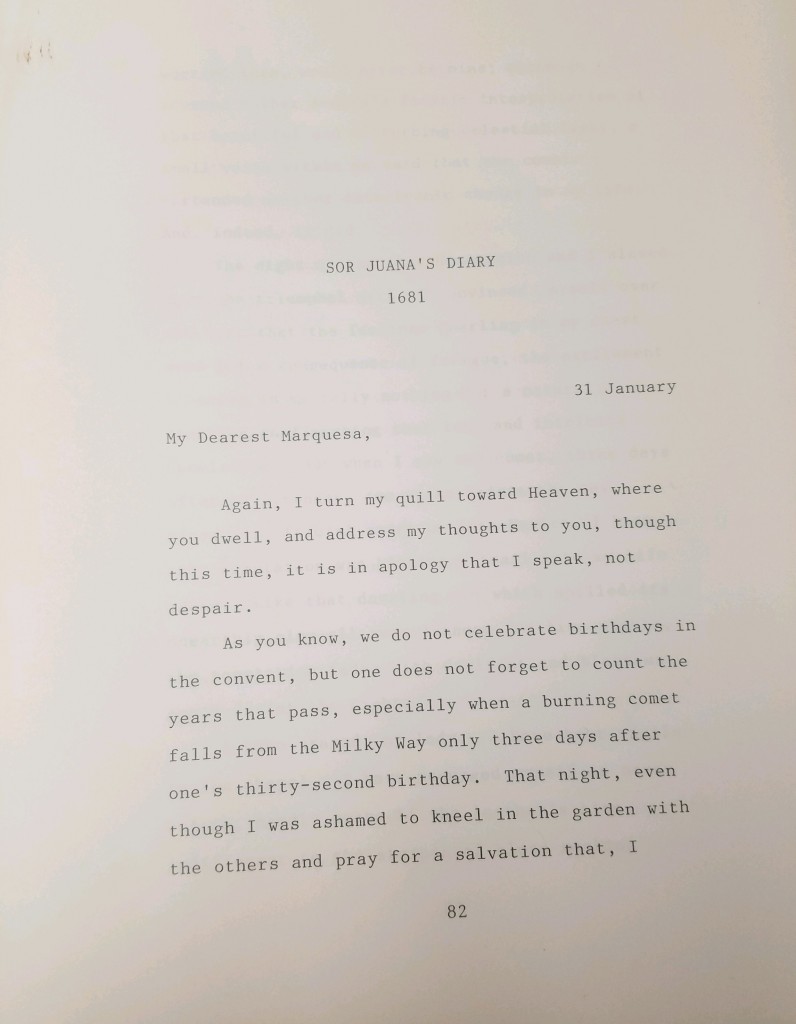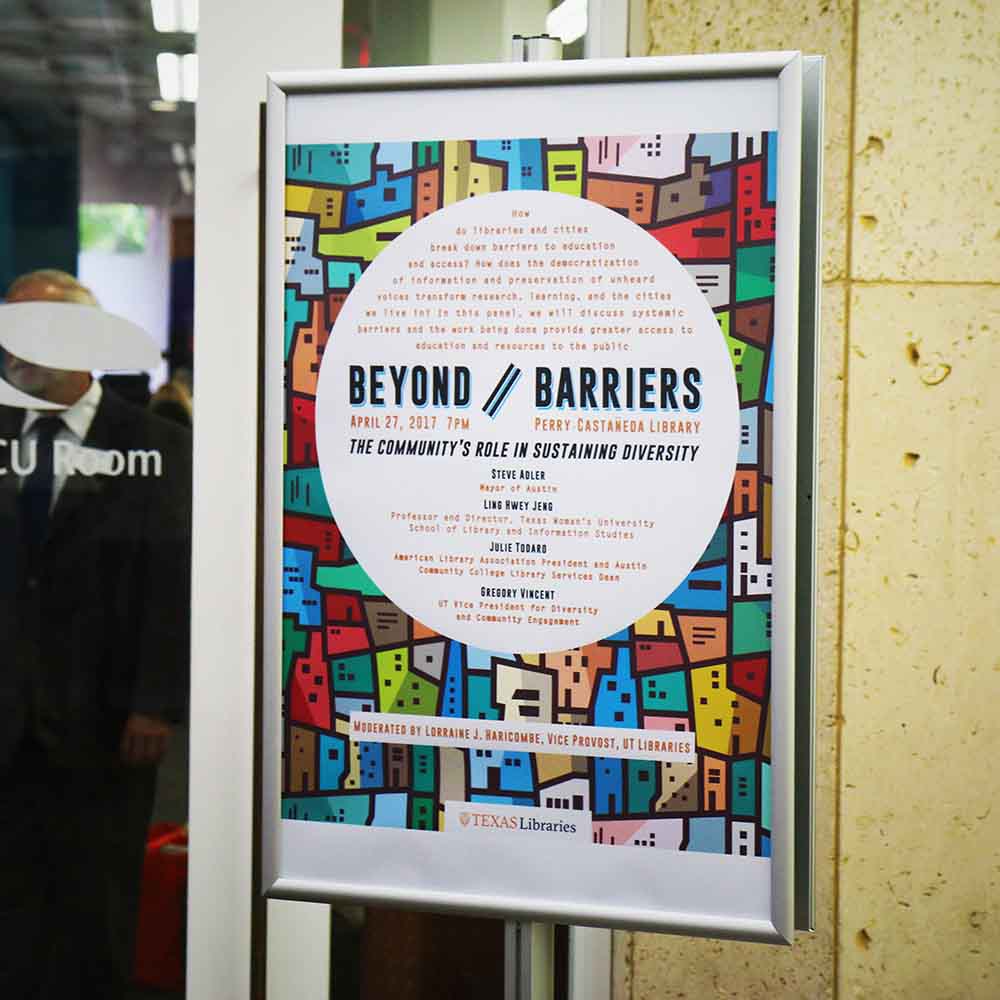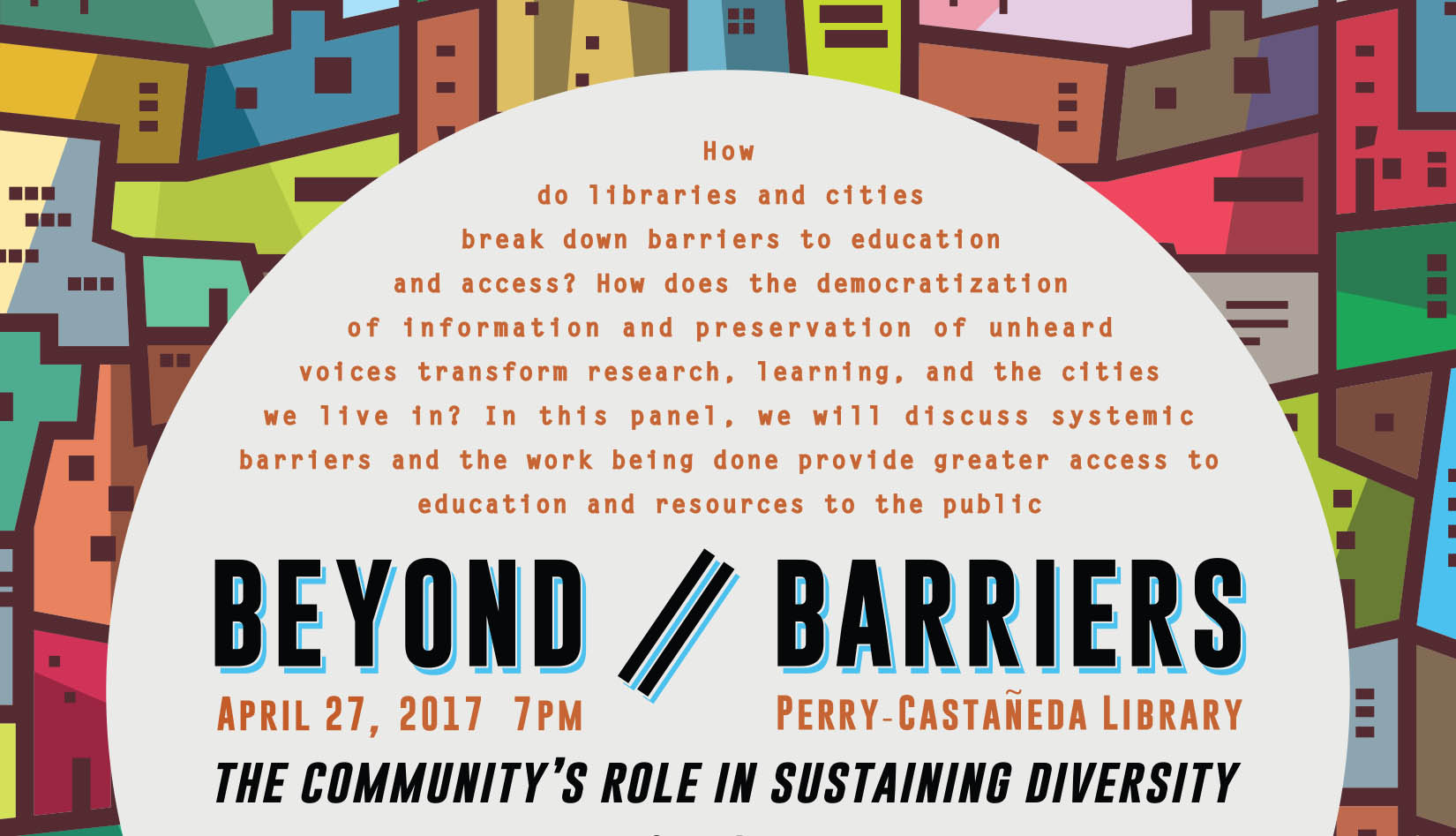Most people think of SXSW as a giant party. But a for a group of us from the UT Libraries this year, SXSW presented an opportunity to make Wikipedia a more welcoming and representative place for LGBTQ+-identified people.
It started with an idea from some great folks at WNYC Studios, a public radio station in New York, to host an LGBTQ+ Wikipedia Edit-A-Thon during SXSW. WNYC produces the acclaimed podcast Nancy that covers modern queer identity. Hosts Kathy Tu and Tobin Low were at the festival to present on diversity in podcasting and wanted to do more in their off-time while in Austin. They noticed that many queer and trans topics don’t have robust Wikipedia pages, if they had pages at all, so they decided to tackle these significant information gaps.
I linked up with them in January, when they had the wisdom to reach out to librarians in Austin to assist with this event, Keep Wikipedia Queer. Event planning is more than one-person job, and I was able to partner with some graduate students from iSchool Pride, a group from the School of Information.
As we began planning, we realized that many people from UT might not be in town during SXSW. To encourage as much UT participation as possible, we decided to host Queering the Record, a pre edit-a-thon research event at the PCL during the week before Spring Break. Queering the Record provided structured time, space, and snacks for librarians, students, faculty, and staff to use library resources to identify topics that need Wikipedia pages and collect a list of sources that could be used and cited by edit-a-thon participants. More than 35 people attended Queering the Record, and by the end, we created a 23-page Google doc that we were able to share and work from at Nancy’s Edit-A-Thon.
Speaking of Nancy’s event – it was a lot of fun! During the 4-hour event held downtown, we met people from around Austin and around the country, all of whom are passionate about LGBTQ+ representation. Seven folks from UT attended, including some PCL Graduate Research Assistants, and we connected with a librarian from the City University of New York system. As a group, we edited more than 70 Wikipedia pages on topics as wide-ranging as comedian/blogger Samantha Irby, LGBTQ+ rights in Syria, Austin’s QueerBomb celebration, and the children’s book series Frog and Toad.
The response to both of these events from students and staff was so positive that we hope to hold more LGBTQ+ Wikipedia edit-a-thons in the future!
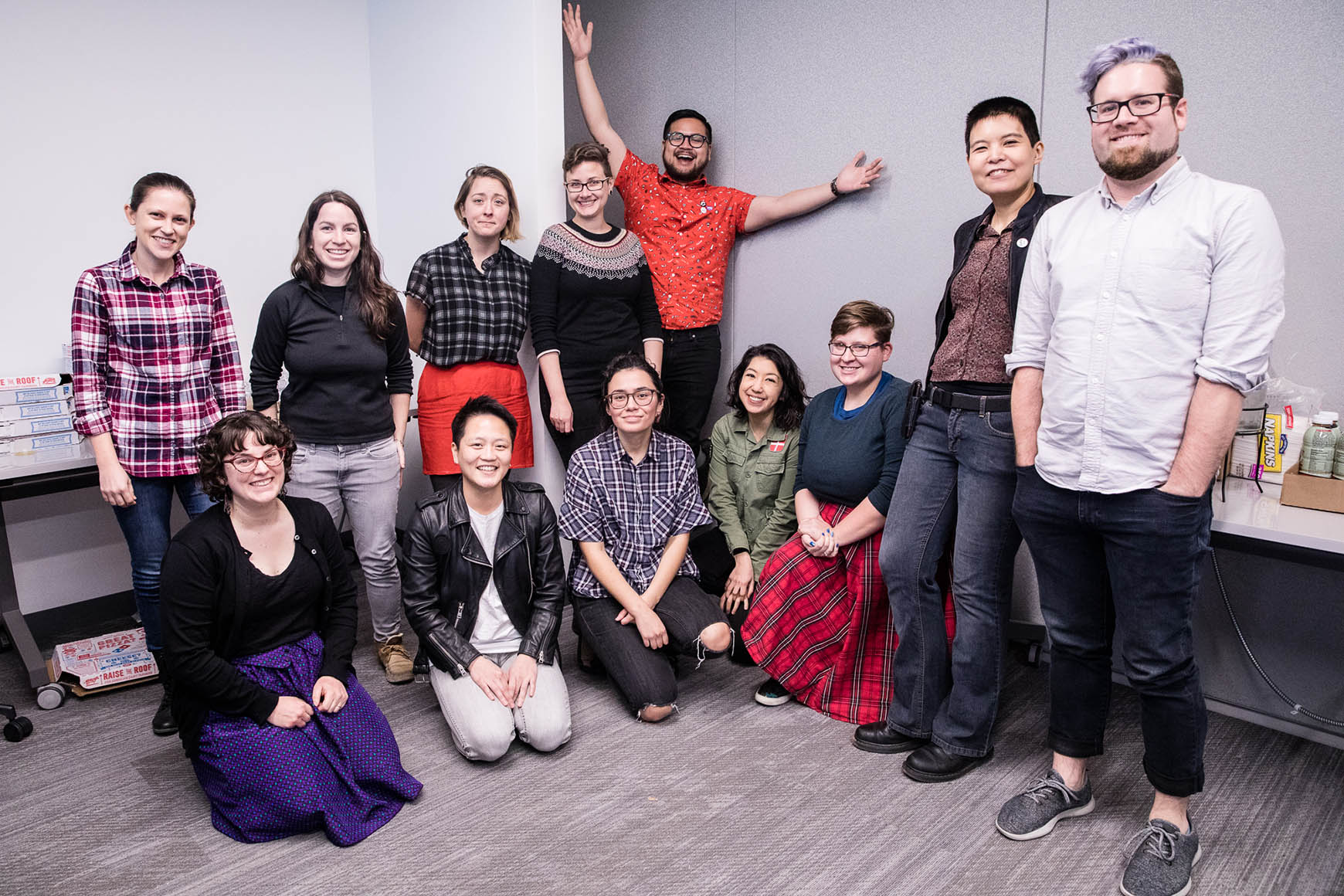
Special thanks to iSchool student and PCL GRA Elle Covington for her contributions to these events!

